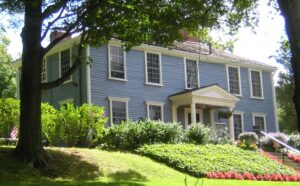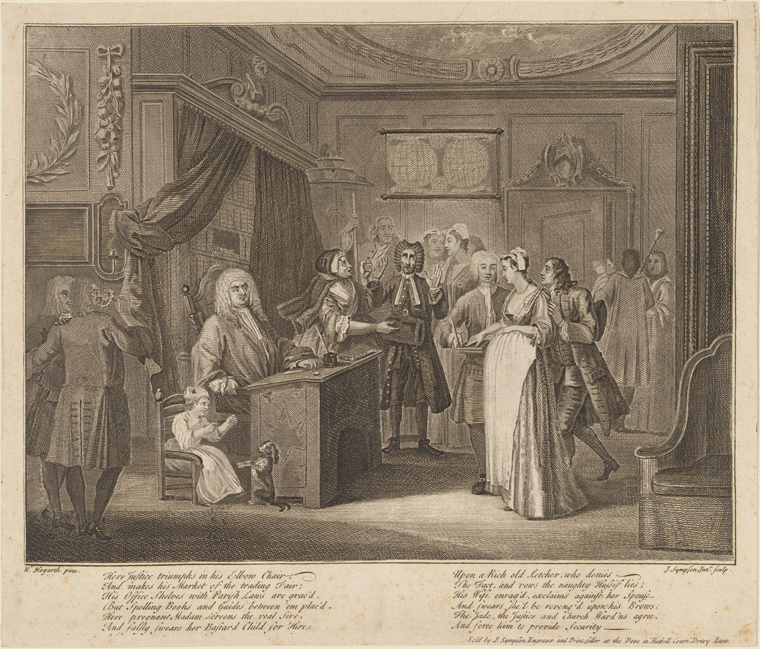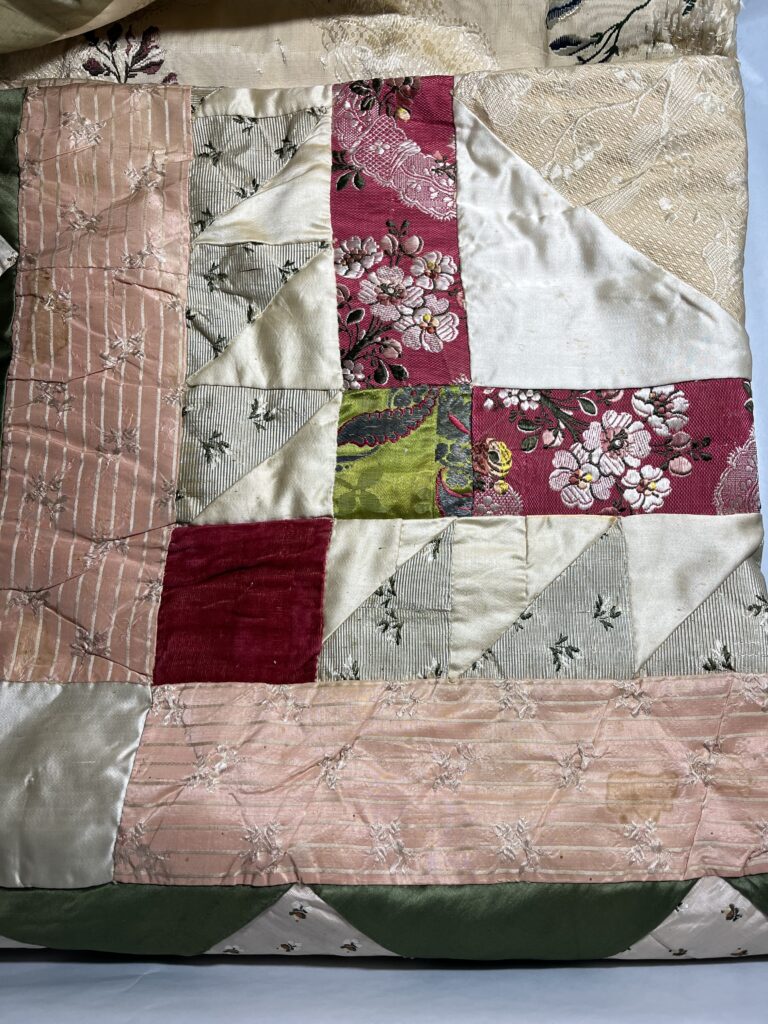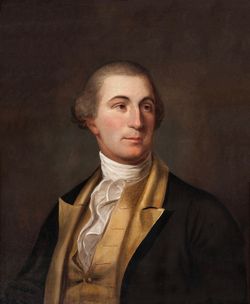I’ve quoted Brattle’s reply before, but that was an astonishing seventeen years ago, so I’m running that text again, as it appeared in the 5 September Boston Gazette. Apologies to anyone who remembers it exactly from before.
On 27 August, Brattle wrote:
Mr. Brattle presents his Duty to Governor Gage. He apprehends it his Duty to acquaint his Excellency from Time to Time with every Thing he hears and knows to be true and is of Importance in these troublesome Times, which is the Apology Mr. Brattle makes for troubling the General with this Letter.This time around, I’m struck by the phrase “warn his company to meet at one minute’s warning, equipt with arms and ammunition.” This was weeks before the Worcester County Convention issued a call for towns to prepare a third of their militia members ”to be ready to act at a minute’s warning.” When the Massachusetts Provincial Congress endorsed that call in October, it left out the reference to a minute. Nonetheless, the popular term for those units became “minute companies” and “minute men.”
Capt. [Jonas] Minot of Concord, a very worthy Man, this Minute informed Mr. Brattle that there had been repeatedly made pressing Applications to him to warn his Company to meet at one Minute’s Warning, equipt with Arms and Ammunition, according to law, he had constantly denied them, adding, if he did not gratify them he should be constrained to quit his Farms and Town;
Mr. Brattle told him he had better do that than lose his Life and be hanged for a Rebel, he observed that many Captains had done it, though not in the Regiment to which he belonged, which was and is under Col. Elisha Jones, but in a neighbouring Regiment.
Mr. Brattle begs Leave humbly to quere, Whether it would not be best that there should not be one Commission Officer of the Militia in the Province.
This morning the Select Men of Medford, came and received their Town Stock of Powder, which was in the Arsenal on Quarry-Hill, so that there is now therein, the King’s Powder only, which shall remain there as a sacred Depositum till ordered out by the Capt. General.
To his Excellency General Gage, &c. &c. &c.
This 27 August letter shows that the proposal to have fighting men ready in a minute was already in the air before it became a formal proposal and before it reached print.
Indeed, because Brattle’s letter was transcribed into a lot of newspapers that September, it might well have played a role in popularizing the “minute’s warning” metric. And of course, that letter set off the chain of events that produced the “Powder Alarm.”
For more about that “Powder Alarm” and its Sestercentennial significance, you can listen to my conversation with Tiziana Dearing on WBUR’s Radio Boston show. And come out to the commemorations this Sunday, Monday, and Wednesday.




















